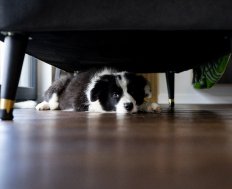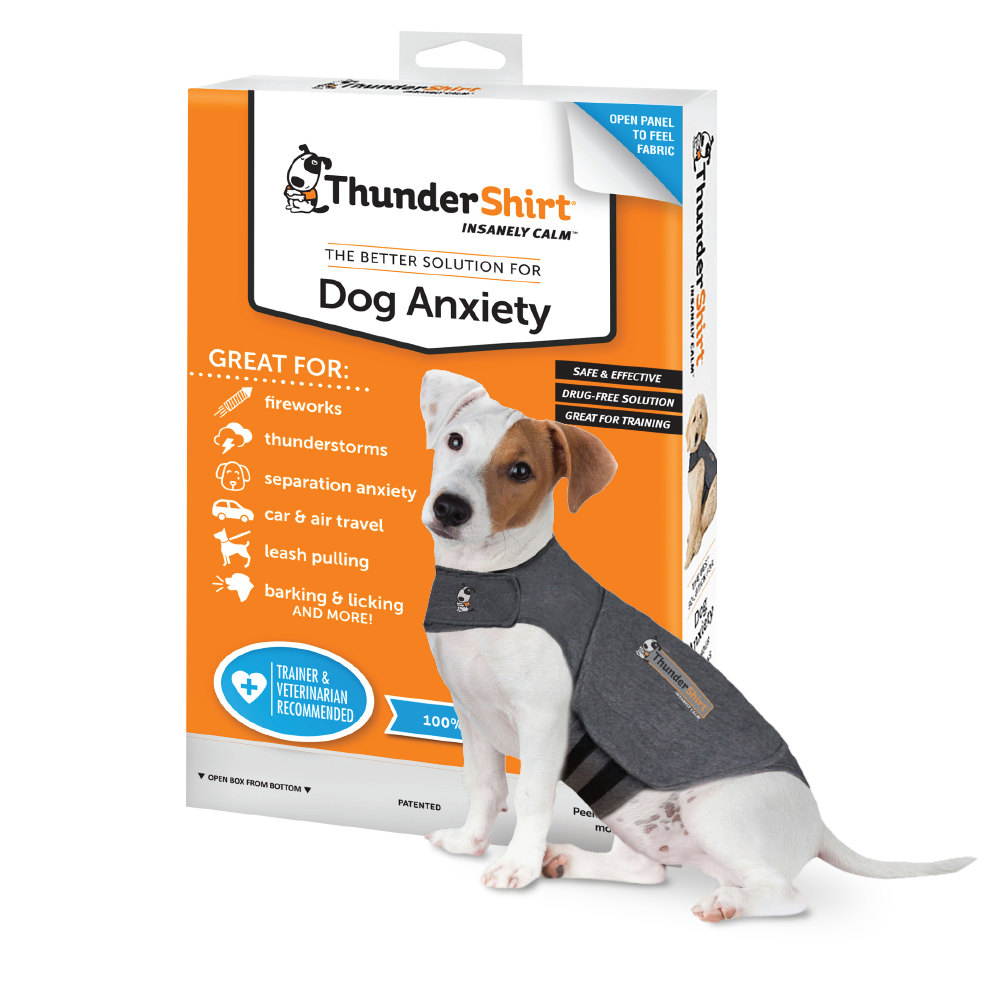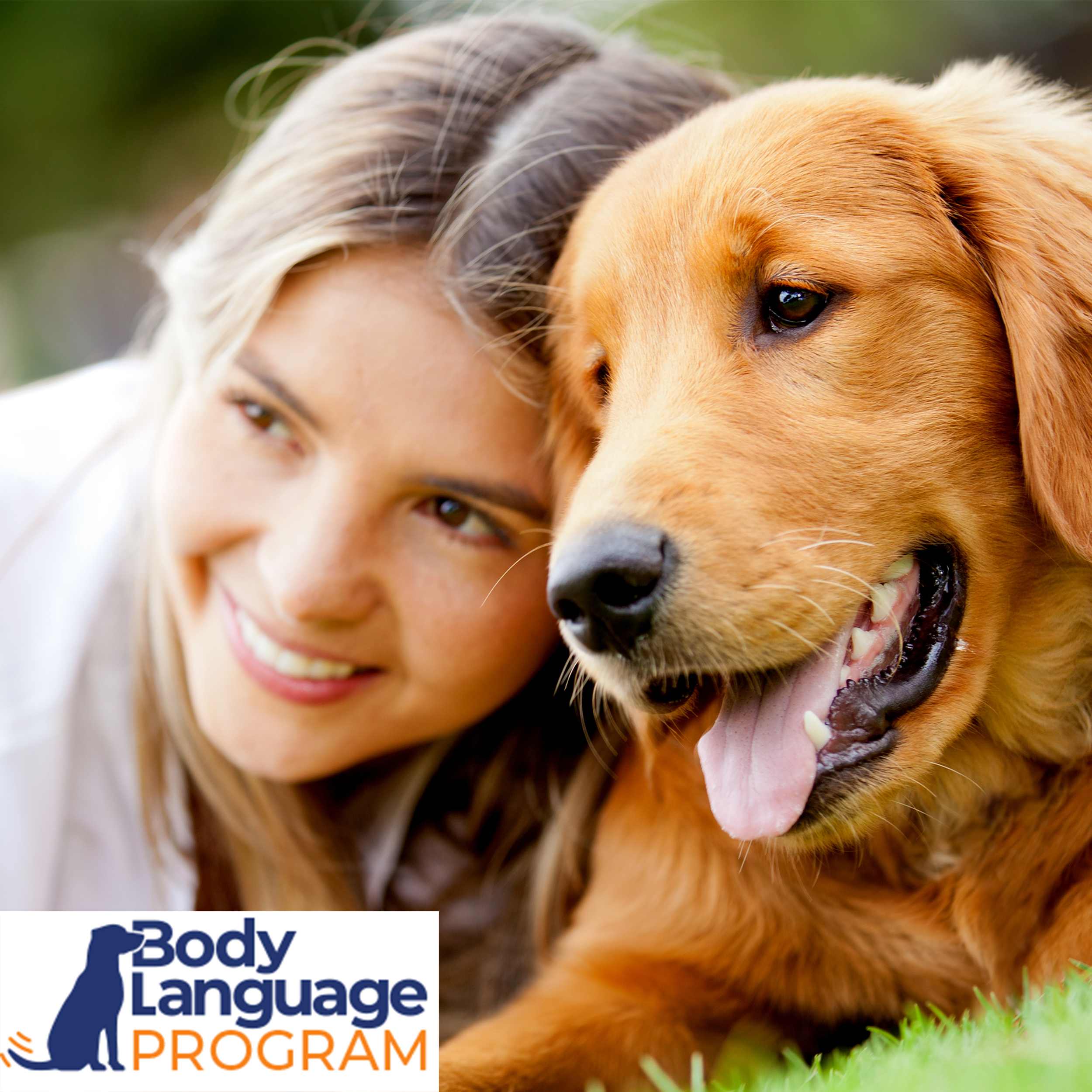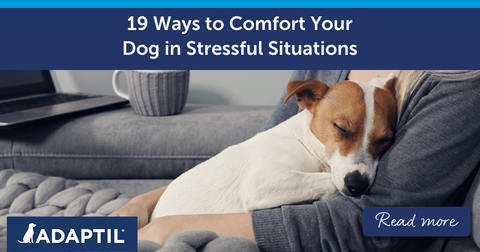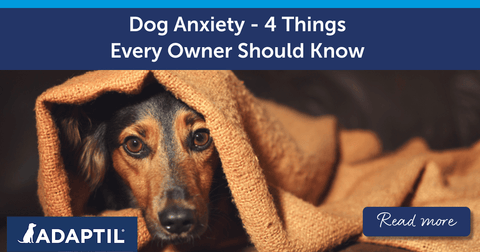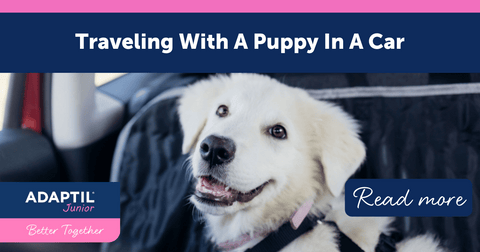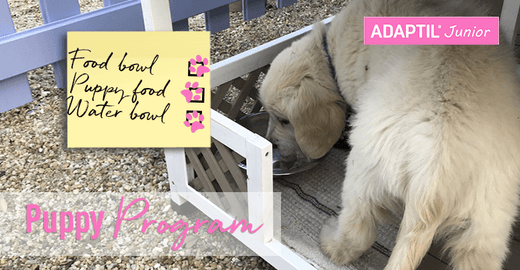
New Puppy Checklist - Are You Ready For Your Pup?
What Do You Need For Your New Pup? 6 Things to Remember
It's very exciting when you've made that decision to welcome a new doggy addition to your family! The arrival of a new puppy is not something that should be taken lightly, but once you have considered the pros and cons - it's time to check that you are ready to welcome a pooch into your home!
Here are 6 things you should have on your new puppy checklist:
1. A comfy dog bed
Your new puppy will definitely feel a little strange when you first bring them home. They will have left their mother and siblings behind and will need to learn to adjust to new surroundings and new parents! So, you'll want your new puppy to feel at home as quickly as possible, and a new comfy dog bed will help do just that.
Give a little thought about your puppy's needs. Is he going to grow into a larger pooch, or have you chosen a smaller breed? Where will your pet sleep - cuddled up at your feet, or in a crate in their main doggy area? Is the bed the right size for them to curl up on, and also let them stretch out?
Whatever you decide, your pet's bed should help them feel comfortable and cosy from the outset - don't buy a huge bed that they need to grow into, as they may feel lost in a big space. Remember they are used to snuggling up with their mother and having siblings around to cuddle into. Try to think ahead and get a blanket that the mother can sleep with for a little while before you bring your pooch home - this will then have the mummy's smell and help to make your puppy feel secure.
2. A collar and lead
The most common collars used for puppies under 6 months are flat or breakaway collars as they have an adjustable length and are easily fitted with a snap buckle. However, remember to take into account the size of your pooch and the shape of their head - if your pooch can slip out of their collar when walking, a Martingale collar would probably be more suitable as they tighten as the dog pulls.
It's important to always remember to remove your puppy's collar if they are being left alone for any period of time to avoid any risk that they may get caught up and be unable to free themselves.
As your pooch gets older, you may have to progress to different types of collars, such as a harness collar or a halter. In the end, it will come down to whatever works best for your doggie breed. Note that the use of a choke chain is becoming less recommended, as these can have adverse health issues for your pooch, so are best avoided.
3. Food and drink
Puppies, like human babies, have delicate constitutions so it's best to stick to one type of puppy food - these can be a completely dry food, semi-moist or tinned dog food, or you can even cook your own doggie food. A reputable breeder will be able to recommend which type of food is considered best for your puppy, but whichever you choose, these should be easily digestible for your pooch and produce dark brown, firm, formed stools.
Don't leave uneaten food around for too long - and if you decide to try a different food, introduce it gradually over a period of time to avoid tummy upsets. If you've tried a few different types of food and your puppy is still having an adverse reaction (soft or light stools or diarrhoea), then you should consult your vet for advice.
Remember - a bowl of water must always be available for your puppy at all times. Place water bowls in all your pup's favourite places to ensure that they won't be thirsty.
4. A safe haven
- Their own Space: Although pups like company and may follow you around the house, they will also like to have a place they can call their own and feel safe and secure. A crate or pen works well and these should always be accessible to them, have comfy blankets and some toys so that they can retreat if they feel stressed or tired.
- Rewards & Treats: Everyone likes to have fun and get a treat - puppies are no different so why not train your puppy and at the same time give them a treat! Research shows that positive reward-based training techniques are much more effective. For example, if your pup associates getting a treat with going into their crate or bed on command, they are more likely to obey. If you are out walking your pooch and they return to you on a call, remember to give them a treat and make a fuss - but remember don't give out mixed messages and only give treats as a reward, they should not be a bribe!
- The use of ADAPTIL Junior can also help your pup's transition as it gives out 'comforting messages' that will make them feel more relaxed and at home.
5. Toilet training supplies
Accidents will happen so best be prepared! Whilst your puppy is being trained you may want to consider dedicating an area of your home so that you can 'contain' any mishaps. There are many products that will help protect or deodorize an area, but the best way to toilet train your puppy is to ensure you provide plenty of toilet breaks so that they associate going outside with going to the toilet - so you will need poop scoops and poop bags to help you clear up after them!
6. Other considerations
- Try to make yourself aware of your nearest vet and register your puppy with them as soon as you can - this will make it easier if an emergency arises.
- Get your pet an ID tag attached to their collar or have them micro-chipped as soon as you can.
- Keep them secure by blocking up any exit routes in your house or garden. Puppies are small, can be determined and may be able to get through a hole in a fence that you thought too small!
- Use Adaptil Junior to help your new pup adapt to their environment, and feel reassured and comforted. By sending comforting messages to help your pup feel the same comfort with your family as they did with their mother, they'll feel more confident settling into their new home.
Puppies, like humans, come in all shapes and sizes so not one solution will fit all, but if you following these basic guidelines you will be well prepared for your new family addition!


